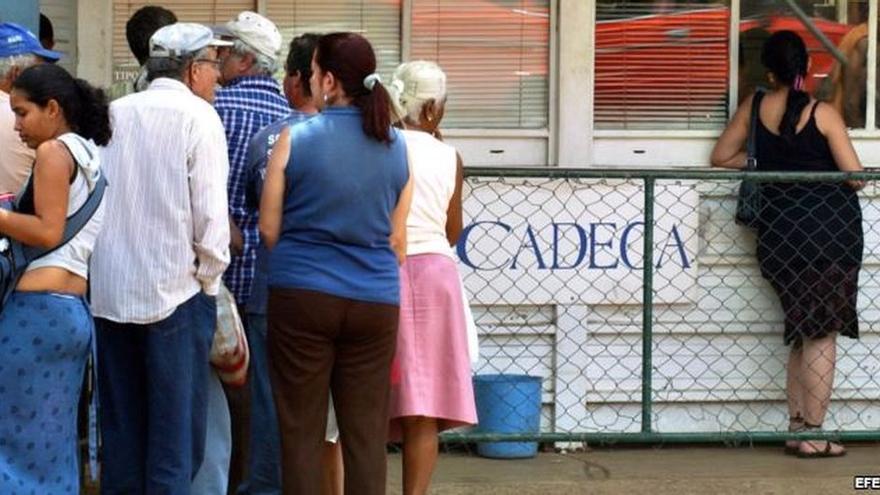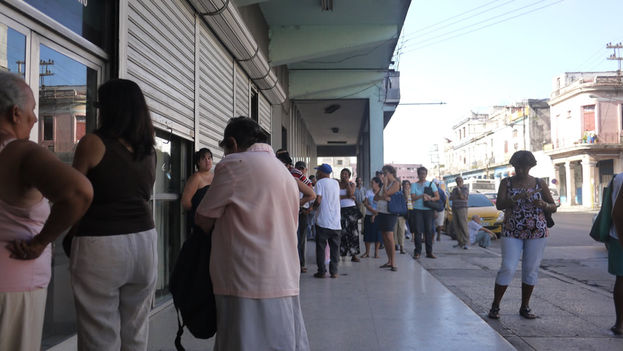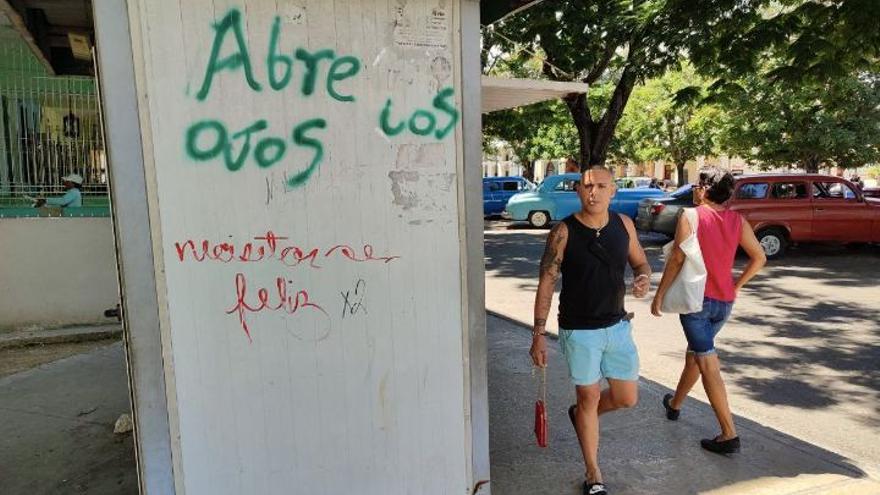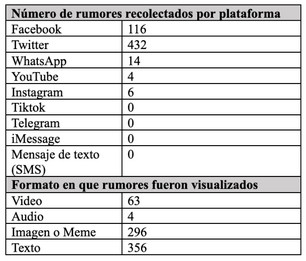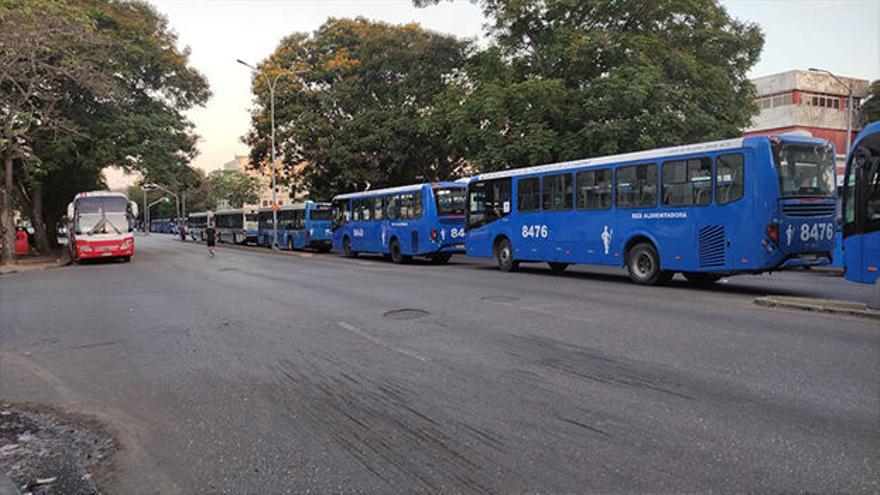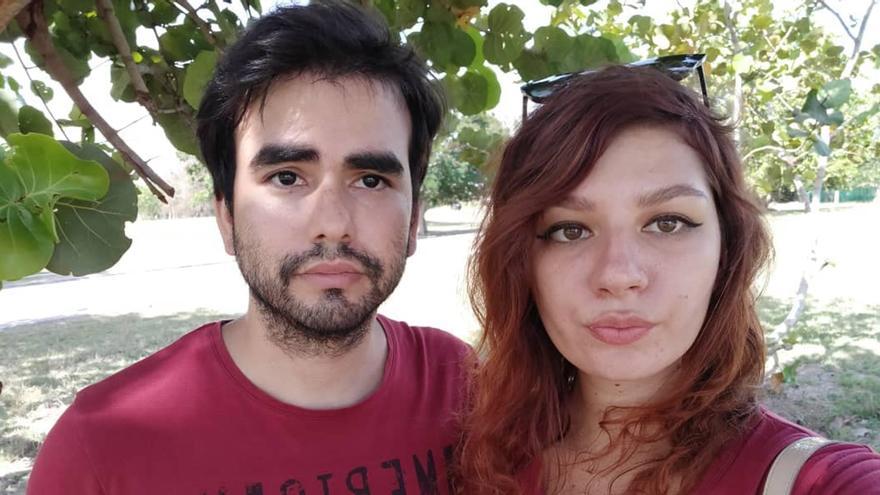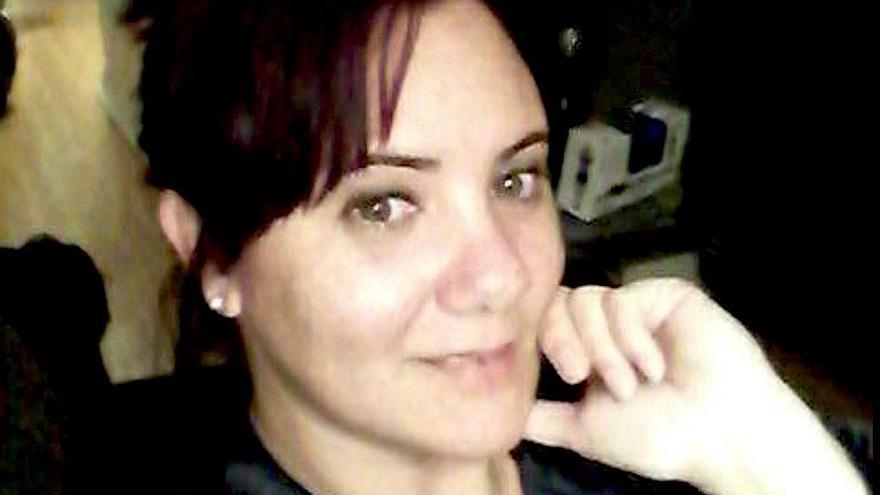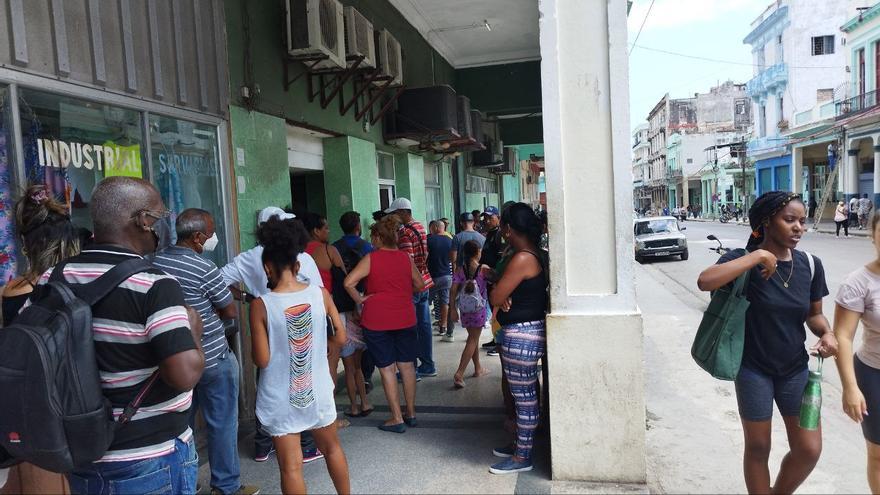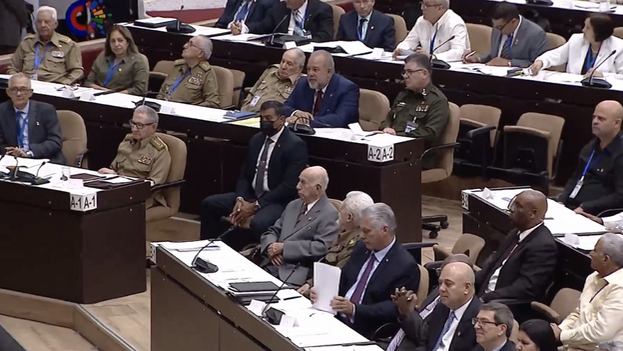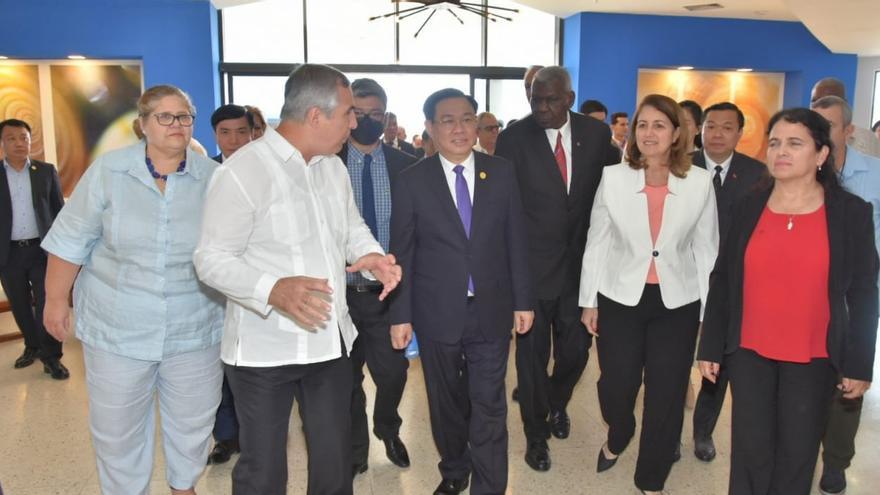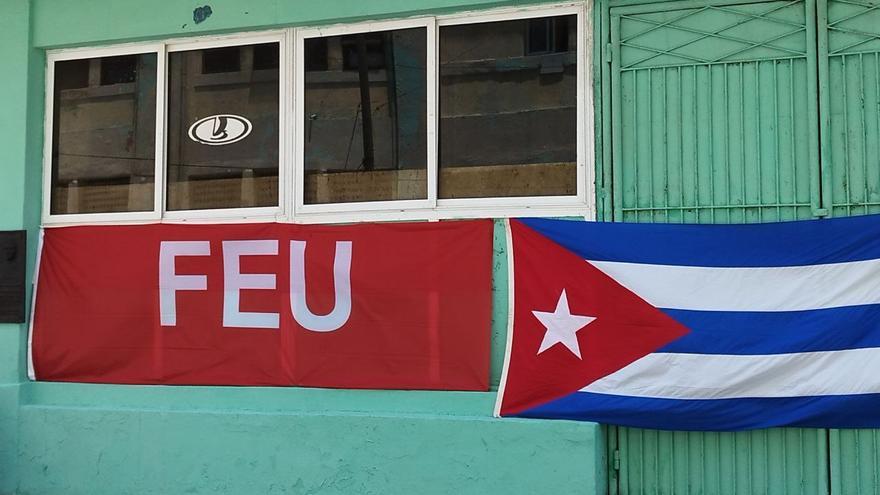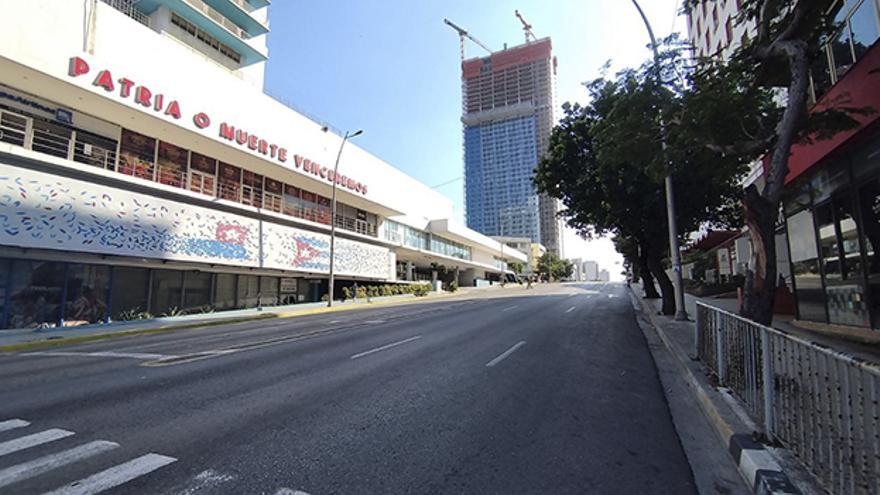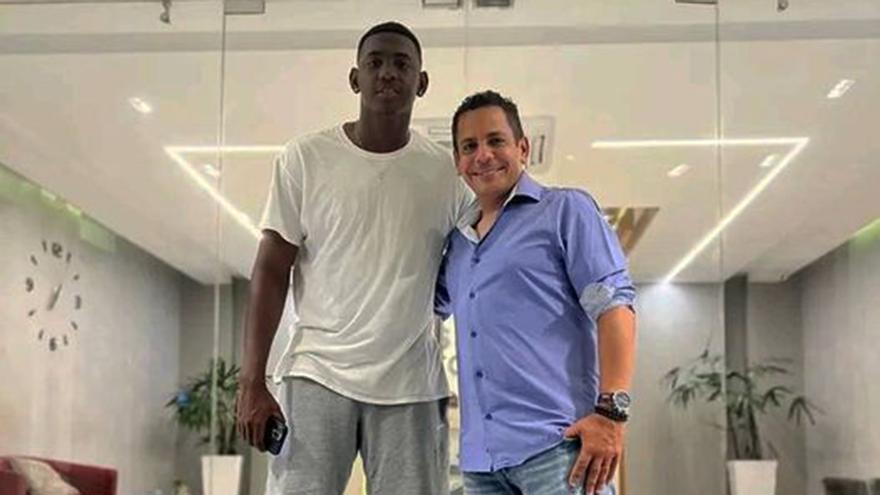Yes, you heard right. Speculation in the banking business is the new slogan of the regime. Banks must earn money at the expense of their customers. The ban was lifted to accumulate wealth in these entities that belong to the state. This is more or less what can be concluded from an amazing assessment meeting of Marrero with Gil, Vázquez, the president of the BCC and people from the provinces.
The communists don’t hold back in the slightest. Marrero says that “we need more accompaniment from the Central Bank of Cuba (BCC), our great advisor, to make more proposals in order to make timely decisions.” It seems that Marrero has forgotten what role the Central Bank has within the economic system, which is to contribute to the stability of the currency through monetary policy.
Now it’s not like that. They need to make money anyway they can, and if it means facilitating Cuba’s access to the international financial and banking system, so much the better. Foreign banks in Cuba? Why not? Which ones? That’s something else. The memory of Cuban communist leaders is so short that they sometimes surprise us. Does Marrero really think that the BCC will help him access international funding? Don’t they remember the 94-page judgment of the London judge?
The Cuban financial system cannot prosper by itself, because it depends on the decisions of Marrero, Gil and Vázquez, who do not understand banking or finance. Therefore, the system is inefficient and works at the service of political imperatives such as palming off sovereign bonds to finance the public deficit. Its role is merely that of a conveyer belt for state security orders, with no effectiveness. continue reading
The financial crises that have shaken the world in recent years have not directly affected Cubans because their banking system is so primitive and so isolated from the world that it barely penetrated. Banking in Cuba, Gil’s great goal, is one of the lowest in the world. Cubans don’t trust their banks, with good reason. Most transactions in Cuban pesos (which represent 70% of the commercial circulation) are made in cash.
And what about the challenges of the BCC right now? Of course, they have no relation to what Marrero said in his speech. Neither is there a need for “a comprehensive analysis that allows us to face the phenomenon of the lack of cash that occurs in several territories of the country,” nor “the review of plans or measures that can truly generate foreign exchange income for the nation.”
If Marrero wants to direct the BCC, he has to bet on his international credibility and ensure that the international financial markets take it into consideration. I insist, reading the ruling of the London judge offers ideas of where to go.
Marrero said something related to “working with respect to the foreign debt situation; rethinking the financial bases of foreign investment in the country; and taking forceful steps in the quality and organization of the national payment system, banking, financial education and computerization.” These terms seems interesting but in the long run will not lead to anything concrete.
The solution to the debt is to pay, reduce the internal spending of the state where possible and stop adventures. Be responsible and pay the arrears. Catch up, like any neighborhood debtor. And as much as it hurts, forget about Fidel Castro’s outcry about non-payment of international debt and try to make everyone see that Cuba pays, and that those crazy ideas will no longer be repeated. They must return to the fold. There is no alternative for the communist regime.
And then, of course, Marrero spoke of the eternal improvement of the banking system, which now wants to accelerate with the paradigm of science and innovation of Diaz Canel’s doctoral thesis, which is now essential, while trying to justify the measures of the foreign exchange market saying that they were going in the right direction, but that the measures have not worked. So, they don’t work, we’ll say. In banking matters, there is little to investigate. Ask any of the economists who provide their services at the BCC.
At the meeting, other topics were reviewed, such as cybersecurity, the human capital that is present in all sectoral assessment meetings, and working conditions and credit facilities for new economic actors. Marrero asked for the prevention of financial crimes, with the priority being money laundering, and to increase compliance with the control measures and procedures established in the banking system. These messages are for the international gallery and can only be useful if the appropriate measures are taken in financial operations. It’s one thing to say and quite another to do.
He also demanded that “quality has to reign in the banking system facing the population,” undoubtedly forgetting the clearly-visible lines at some banks to carry out currency exchange operations or the terrible functioning of ATMs, which forces customers to travel miles to find one. He only briefly referred at the end of his speech to what “recently happen in London as an issue that must be treated and reflected on with a self-critical attitude.” We’re dying to hear more.
The management report of the BCC in 2022, presented by its president (who was not in office during that year), said that in a hostile and complex scenario, the national banking and financial system “maintained the vitality of essential services, actively participating in the Economic and Social Strategy, with a group of actions to design and implement mechanisms to advance the recovery of the economy.” We would have to know what those actions are, because the economy, far from improving, has gotten worse.
And he added in this regard that “the indications related to government measures adopted to increase food production, agricultural development banking, the direct marketing of productive forms and the development of investments were complied with.” It’s no use obeying the government if the same problems continue. The central banks are not here to devote themselves to this kind of thing.
He recognized that the quality of the service provided by the BCC does not yet show the results that society requires, and from here we wonder to which sector of society the BCC directs its services. He also pointed out that the main problems were identified as “the increase in the number of operations that do not correspond to the technological infrastructure and the current labor force; customer dissatisfaction due to delays in services; non-conformity with banking procedures that do not conform to current requirements; inadequate treatment; uncovered demand for cash in Cuban pesos and foreign currency; and inefficiency.” So it’s more of the same as always, and with all that, they want Cubans to put their money in the banks. Good luck.
The president of the BCC also referred to the implementation, as of August 4, 2022, of the mechanism of access to foreign exchange for the population, associated with the development of the foreign exchange market, a measure that he described as “a challenge for the system from the operational point of view and for the very distortions that its implementation has presented.” He must know what he is talking about; he comes from the CADECAS, the state currency exchanges.
In fact, when referring to the distortions, he pointed out that “one of them is the persistence of monetary imbalances that have generated a substantial increase in the amount of money in national currency in the economy, with high accumulation outside the banks, which exerts enormous pressure on the demand for currencies that cannot be satisfied with the supply available in the market at the current exchange rate.”
Monetary imbalances have their origin in the irresponsible and bulky public deficit that the president of the BCC did not have the courage to mention. Here you can see his lack of independence from the BCC, one of the issues that undermines the international credibility of the Cuban communist economy.
And then, as a final instruction, the president of the BCC announced that in 2023, “it is up to the Bank to institutionally redesign the banking and financial system, adjusting it to the current requirements of the economy for its better functioning,” and he announced “other work priorities such as the development of financial intelligence activity; the design of a comprehensive strategy for the reorganization of the Cuban debt; the creation of the public debt market; the strengthening of the foreign exchange market; the improvement of the liquidity allocation system in conjunction with the Ministry of Economy and Planning; and the rescue of the cash coverage necessary for the proper functioning of the banking system and the economy.”
Undoubtedly, duties accumulate, although the most important thing — implementing a serious and credible monetary policy — is left aside. And the most alarming of all this is the reference to the “institutional redesign of the system,” a proposal that is very cryptic and that could well mean something else, such as the entry of foreign private banks to operate with the state banks, following a model similar to the hotel sector. In for a penny, in for a pound.
Translated by Regina Anavy
____________
COLLABORATE WITH OUR WORK: The 14ymedio team is committed to practicing serious journalism that reflects Cuba’s reality in all its depth. Thank you for joining us on this long journey. We invite you to continue supporting us by becoming a member of 14ymedio now. Together we can continue transforming journalism in Cuba.
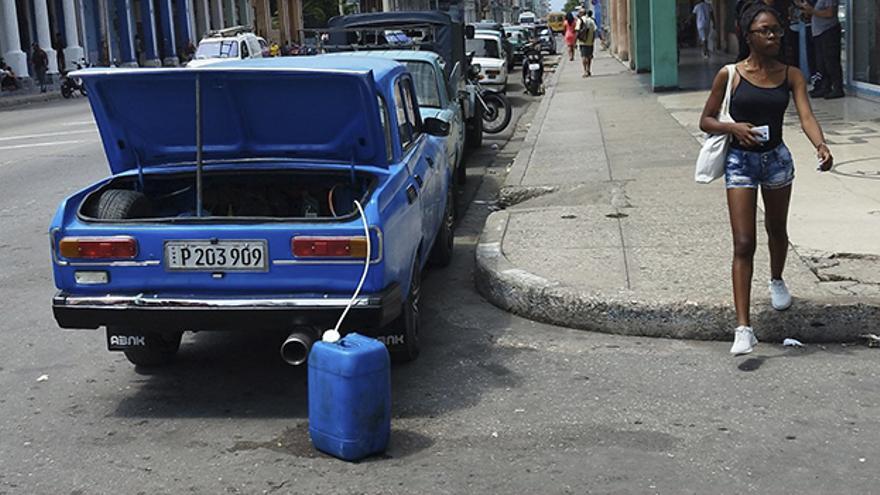
![]() EFE/14ymedio, Havana, 23 April 2023 — Five universities in Cuba announced this Saturday that next week they will teach classes virtually due to the fuel crisis that has been affecting the country for almost three weeks.
EFE/14ymedio, Havana, 23 April 2023 — Five universities in Cuba announced this Saturday that next week they will teach classes virtually due to the fuel crisis that has been affecting the country for almost three weeks.
